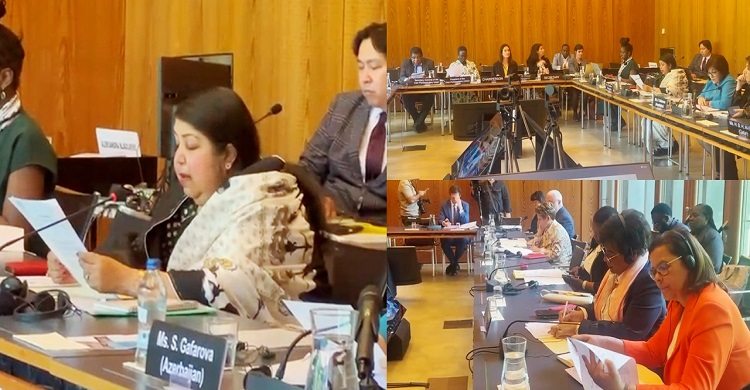
- National
- Lead News
3 years of ongoing Rohingya crisis, crisis intensifies
- National
- Lead News
- 25 August, 2020 12:29:37
News Desk: There is no light of hope to solve the Rohingya problem, which is recognized as the biggest humanitarian crisis in the world. The crisis has intensified in the last three years. The repatriation of these people to Myanmar has become more unlikely.
On the contrary, experts believe that the issue of Rohingya repatriation has lost international attention due to the Covid-19 epidemic since the beginning of this year. They fear that the crisis will be prolonged by the indifferent role of the international community, including the propaganda of Myanmar.
August 25 marks the third anniversary of the Rohingya crisis. The United Nations High Commissioner for Human Rights (UNHCR) expects the international community to play a more effective role in ensuring a lasting solution to the crisis.
Foreign Minister. AK Abdul Momen said that diplomatic efforts are continuing to resolve the Rohingya crisis in Bangladesh. Bangladesh is sincerely trying to repatriate Rohingyas to its homeland Myanmar. But they have not done what Myanmar has done to ensure a dignified and safe repatriation.
Instead of creating a conducive environment in Rakhine, there are reports of violence and instability. As a result, despite the sincere efforts of Bangladesh, it was not possible to start the Rohingya repatriation process.
He said the crisis is now becoming a big burden for Bangladesh. International aid is declining, Bangladesh's own spending is increasing. In this situation, if the countries of the world that can afford it and those who are vocal about the human rights of the Rohingyas, if they give shelter to the Rohingyas, the pressure on Bangladesh will decrease.
He said that if the crisis is prolonged, it could lead to more risky situations. For this, the international community must come forward to resolve the crisis as soon as possible.
In August 2017, the worst genocide by Myanmar forces against the Rohingya community, a small ethnic group in Rakhine State, began. Then from August 25, Rohingyas started fleeing to Bangladesh in groups. About seven lakh Rohingya refugees took refuge in Bangladesh in December alone. However, more than three lakh Rohingyas had fled to Bangladesh for three decades in the face of brutal torture by the Myanmar government.
At the same time, the number of Rohingyas who fled and took refuge in Cox's Bazar by adding seven lakhs at once stood at about one million. Later, about one and a half lakh more Rohingyas came in various ways. In all, there are about eleven and a half lakh Rohingyas in Bangladesh now. Myanmar forces are still conducting brutal operations in Rakhine and occasionally Rohingyas have tried to flee and infiltrate Bangladesh in various ways.
Many Rohingyas have been seen floating in the sea day after day. Although the United Nations currently recognizes the Rohingya crisis as the world's biggest humanitarian crisis, the international community has not played a significant role in resolving the crisis in the last three years.
On the contrary, international aid to the Rohingya has steadily declined over the past three years. According to UN sources, the demand for the Rohingya and local communities in 2019 was ায় 920 million. By December 9 of that year, it was possible to raise 620 million.
In other words, 67 percent of the total demand has been collected in 2019. Earlier in 2018, against the demand of 950 million dollars, 650 million dollars was received. The supply was higher than the demand in 2017, 73 percent of the total demand.
As international aid continues to dwindle, Bangladesh's own spending on the crisis has risen to about Rs 2,500 crore. According to sources, the UN's expenditure for the Rohingya this year was estimated at 87.70 lacs usd. But there are big doubts as to whether 60 per cent of this estimate will be achieved due to the Covid-19 situation.
The blame is being laid on Bangladesh: When Myanmar's military tried to wipe out the Rohingya in the country through ethnic oppression and genocide, Bangladesh introduced a humane, responsible state by sheltering people fleeing in fear.
Bangladesh has been praised all over the world for this role. Bangladesh became a symbol of humanitarian state in front of the world. But showing that humanity has now become a responsibility for Bangladesh.
In the face of recent persecution by Myanmar forces in Rakhine State, the Rohingya have once again fled to the sea, but Western countries and international human rights organizations have largely ended their responsibility with statements.
The gist of these statements is that Bangladesh should also give shelter to these Rohingyas. Even Malaysia, a country with a strong economy, has called on Bangladesh with a weaker economy to take responsibility for more Rohingyas.
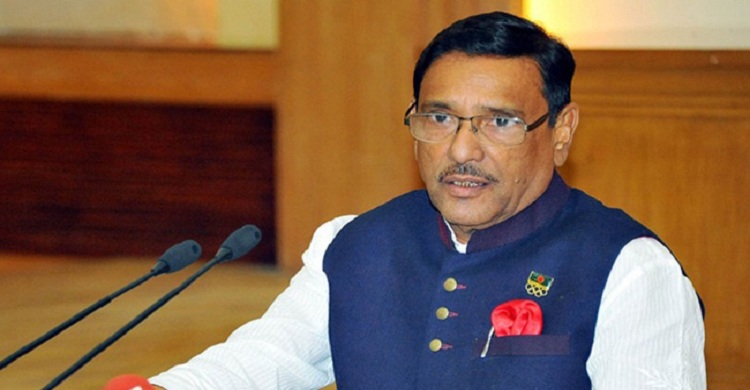



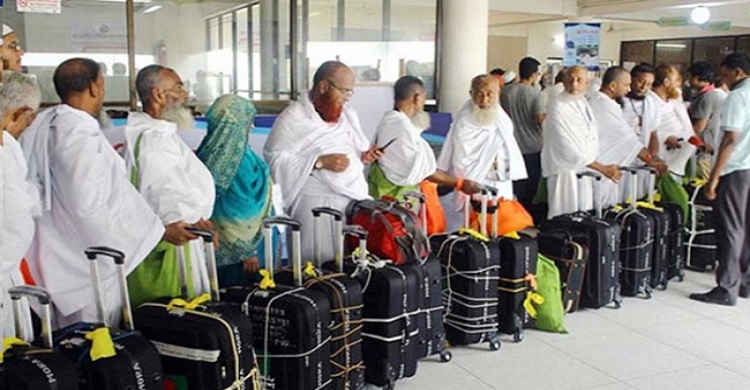
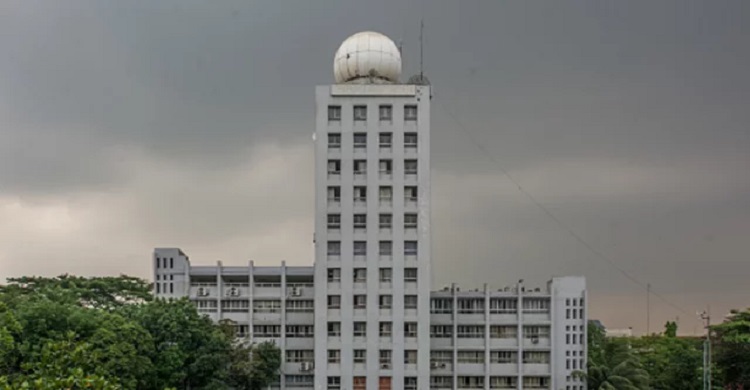
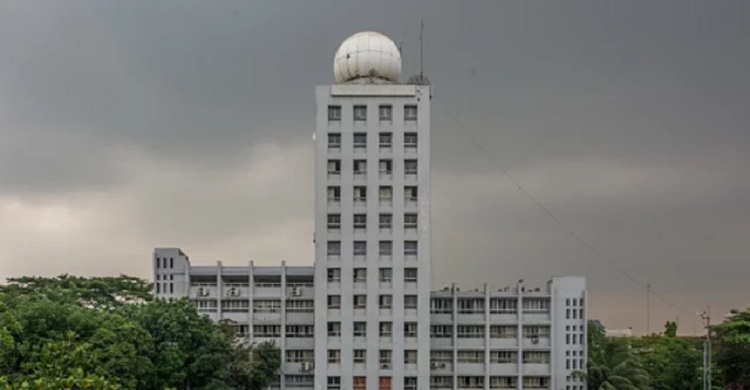
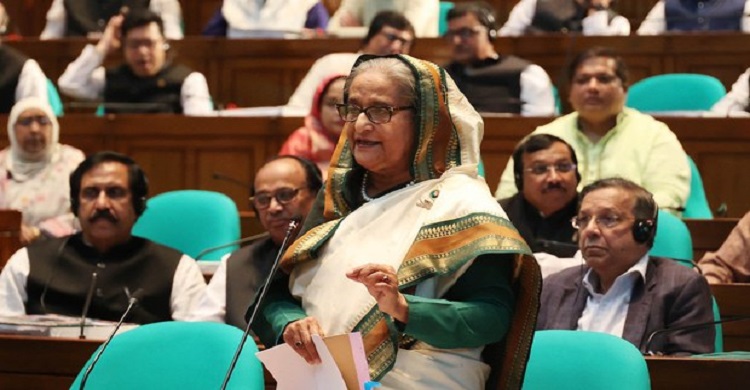
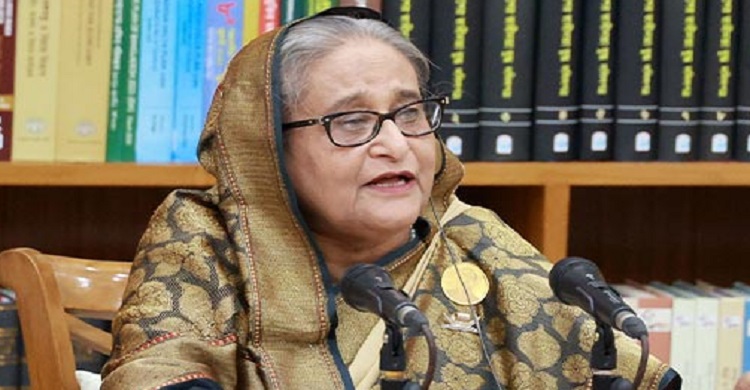


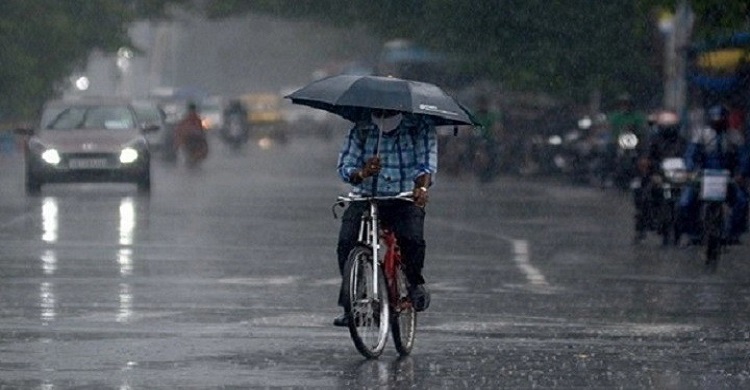
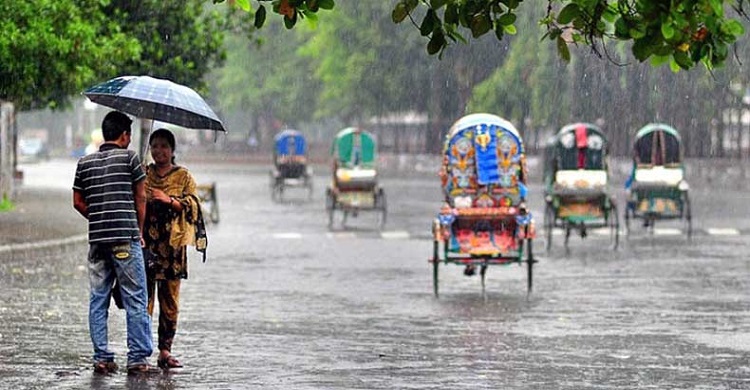
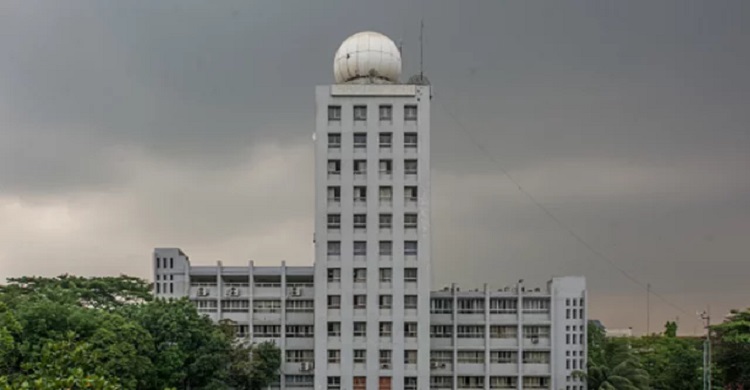
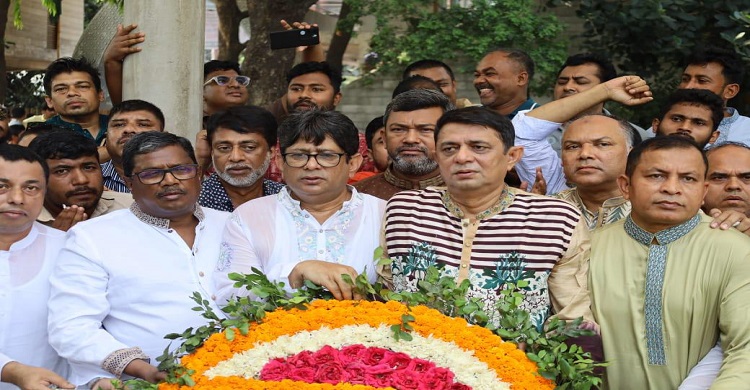
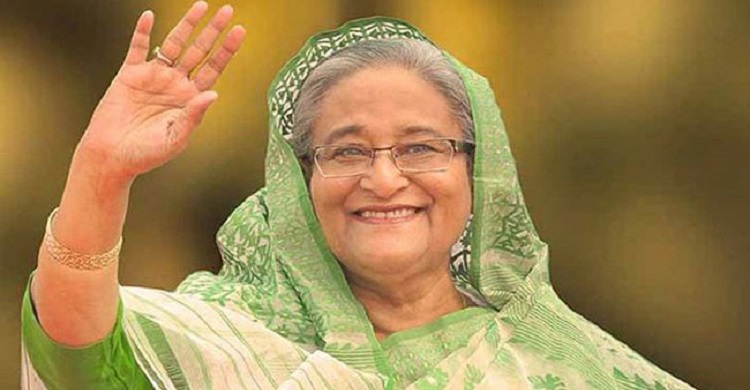
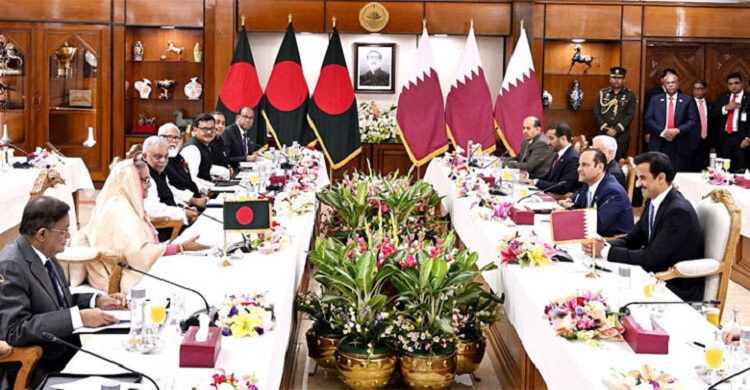

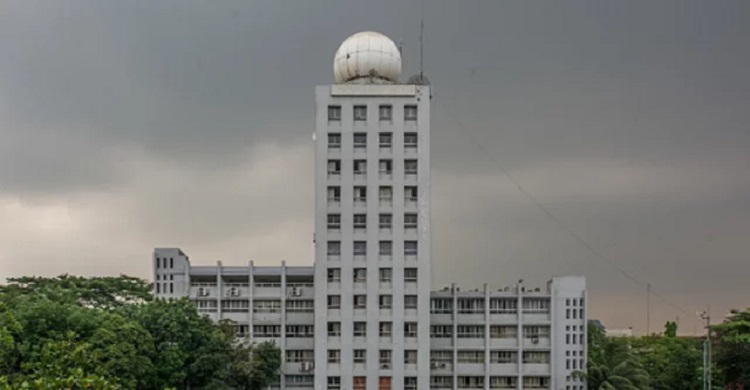




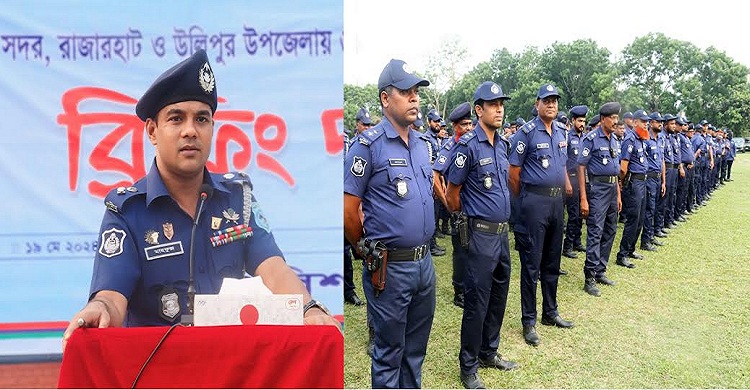




Comment ( 0)